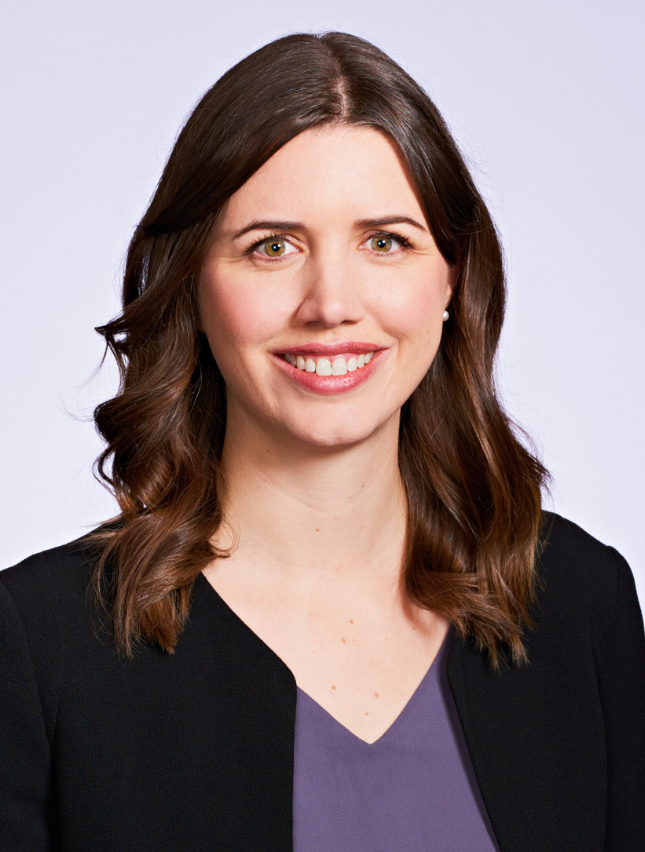Ivey Business School, Canada
Temporal arbitrage: Managing intertemporal pressures for sustainability
ABSTRACT
Business sustainability research assumes that organizations must make intertemporal trade-offs to achieve sustainable outcomes. However, it is difficult for many organizations to invest in long-term initiatives at the expense of short-term profitability. Prior theory has suggested that when faced with intertemporal trade-offs, organizations often take courses of action that prioritize the short term because many organizations are under short-term earnings pressure or resource constraints. Through an engaged scholarship project, we investigated how a Canadian home insurance company facing intense short-term earning pressures made investments in sustainability and resiliency initiatives intended to produce long-term benefits. The study spans an 18-month period during which the organization was launching a sustainability and resiliency program to address the impacts of climate change on their business. We analyze the organization’s two largest sustainability projects, which made intentional sacrifices to generate present-day cost savings that were pooled and transferred to a third sustainability project. This third project was expected to generate long-term sustainable outcomes. Through our analysis, we develop a theory of temporal arbitrage, which is the replacing of intertemporal trade-offs-- which spread costs and benefits across time-- with intratemporal trade-offs-- which spread costs and benefits across space within the present time-period. By generating transferrable benefits—or cost savings—in the present, the organization was able to make long-term investments for sustainability while still attending to present day profitability concerns. We contribute to the literature on sustainability and time by showing how organizations can overcome known barriers to making intertemporal trade-offs and make investments for long-term, sustainable outcomes.
BIOGRAPHY
Valen is a fourth year PhD candidate at Ivey Business School. Her dissertation work is focused on the home insurance industry, a setting facing significant disruptions due to climate change. In her work, she uses a systems perspective to explore questions related to scale, trade-offs, and time horizons. Prior to joining the PhD program at Ivey, Valen was an Associate Director at BDC Capital, the investment arm of the Business Development Bank of Canada. While at BDC, she funded dozens of high-growth tech and social purpose companies and sat on BDC’s B Corp advisory council.
Valen Boyd

